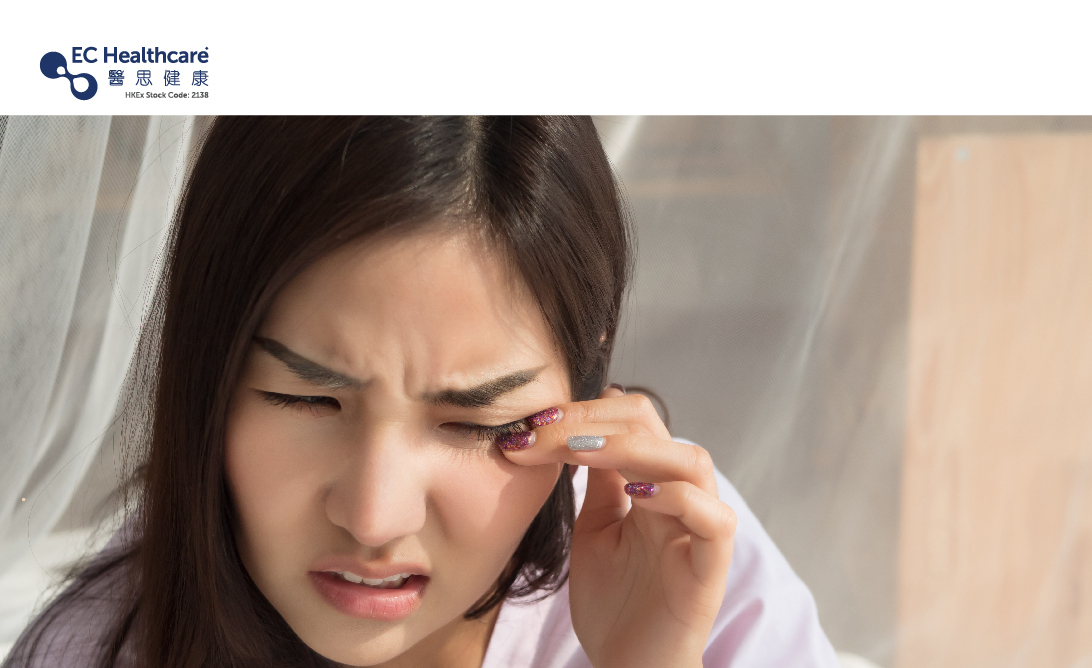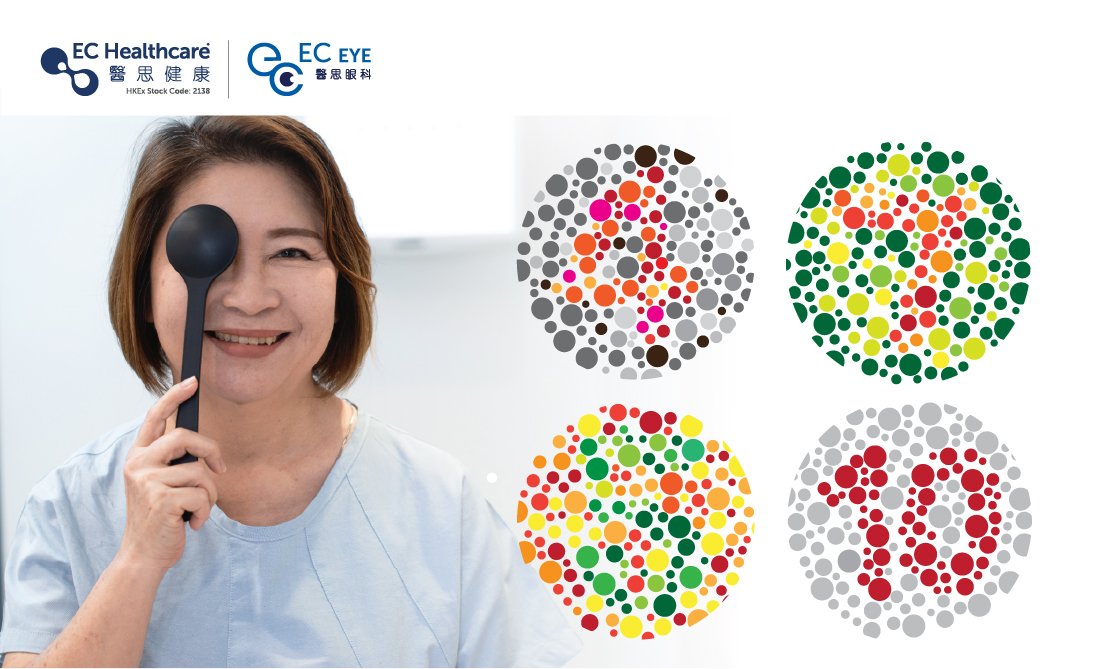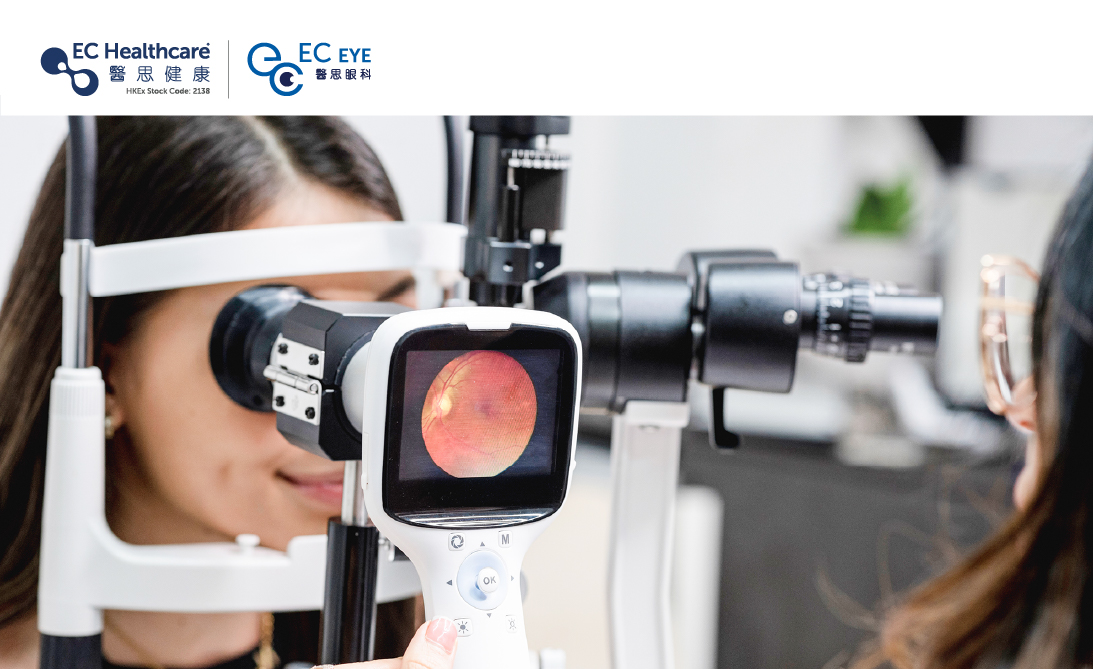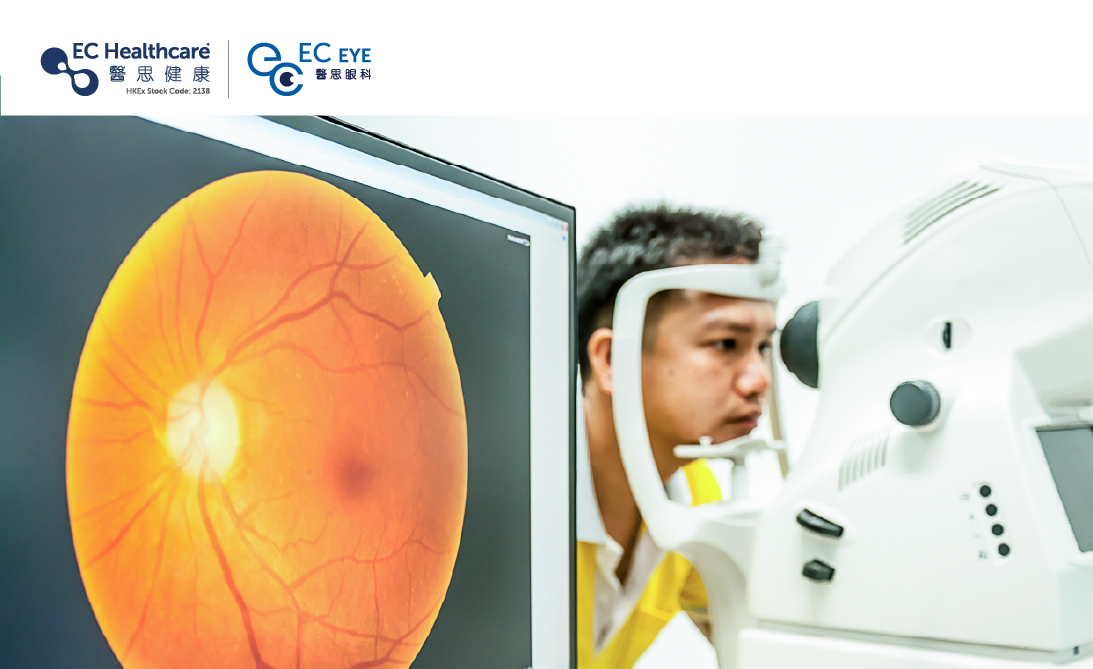Blepharitis: The Common Eye Condition You Need to Know About


If you're experiencing redness, swelling, itching, and occasional pain around your eyelashes, coupled with yellowish flakes and secretions, it could be blepharitis! Ignoring it could lead to temporary vision blurriness and daily life disruptions, so it's important to seek medical attention promptly when you notice any abnormality in your eyes.
What is Blepharitis?
Blepharitis is a common eye inflammation that can affect both the front and back of the eyelids. Frontal blepharitis is caused by inflammation of the eyelid skin and eyelash roots, often due to Staphylococcal infections and abnormal secretion of sebaceous glands. Posterior blepharitis, on the other hand, is characterized by inflammation of the Meibomian glands and is often associated with chronic skin conditions or bacterial infections. Blepharitis is typically caused by pre-existing conditions such as chronic skin conditions, dry eye syndrome, allergies, or mite infestations.
Symptoms of Blepharitis
Both upper and lower eyelids can be affected by blepharitis, and symptoms can vary in severity and duration. Common symptoms include:
- Tearing
- Red and swollen eyes
- Feeling of foreign body, burning, and itching in the eyes
- Formation of pimples around the eyelids
- Increased eye secretions, especially in the morning
- Redness and scaling of the skin around the eyelids
- Photophobia
- Blurred vision, which usually improves after blinking
If left untreated, blepharitis can lead to other eye complications such as dry eye syndrome, stye, chronic conjunctivitis, or keratitis.
Treatment options vary depending on the severity of the condition. Mild cases of blepharitis can be managed with conservative treatments such as eyelid hygiene and massage to promote secretion draining. Antibiotics and artificial tears can be prescribed to alleviate inflammation. In more severe cases, medical devices can be used to unclog the meibomian glands.
Ref : https://bit.ly/3IvKx62








